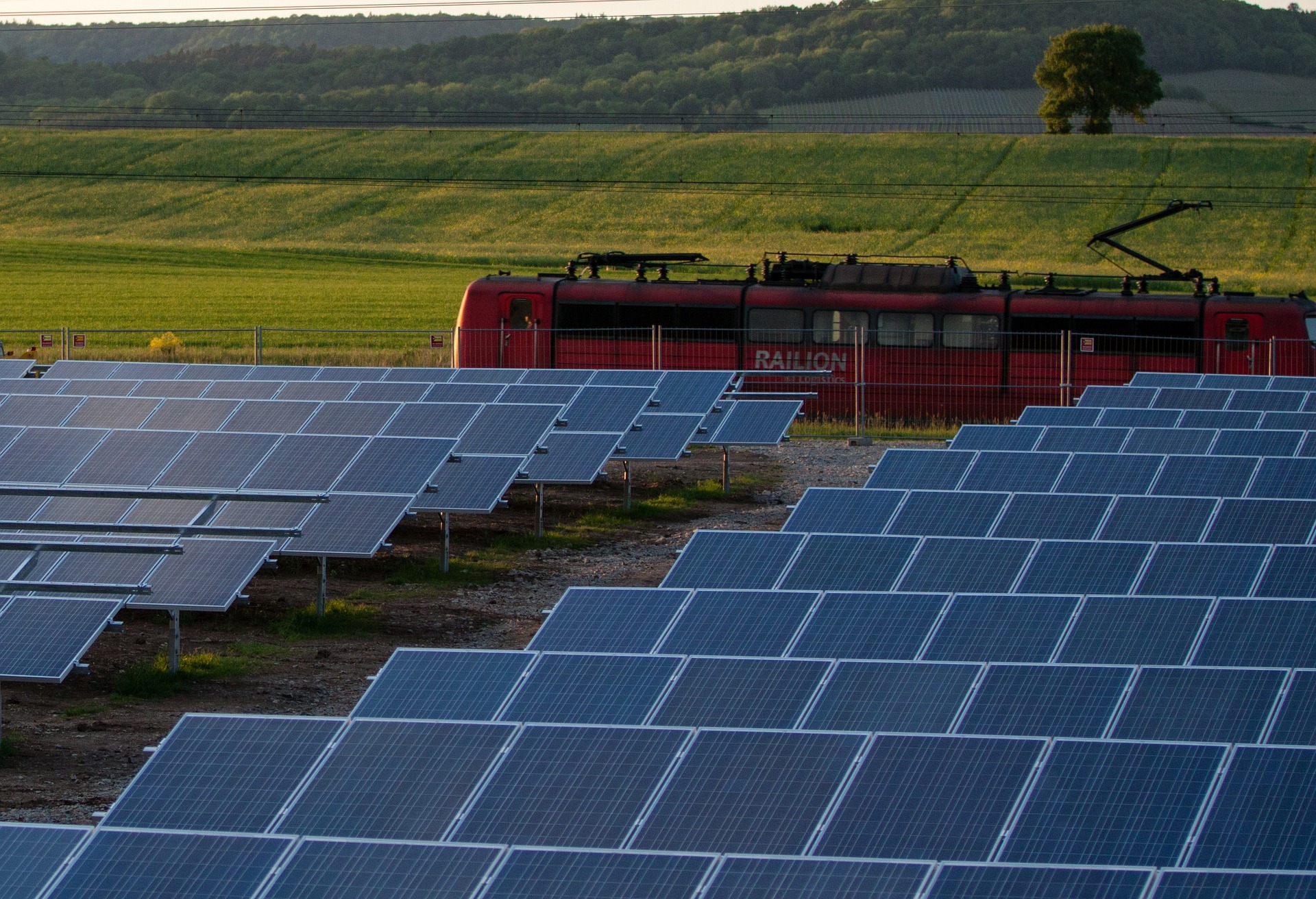Solar land leases have been growing in popularity over the last decade, becoming more financially viable for developers and remaining a lucrative prospect for landowners. In New York in particular, institutions like NYSERDA have facilitated this growth and opened up a new world of opportunity for landowners interested in leasing for solar. A solar farm can provide an additional revenue stream for landowners—with minimal effort required on their part. If you’re a landowner this will certainly seem an attractive prospect on the surface, but how do you know if it’s the right move? Today, we hope to shed some light on a common question—should I lease my land for solar?
What is shared/community solar?
Shared/community solar projects provide greater opportunities for New Yorkers to take advantage of solar energy—saving money and contributing to the clean energy future of their city. While residential and commercial rooftop solar installations have seen huge growth over the past decade, not every property is able to house a solar panel installation. Particularly in a place like New York City, where many people rent, a rooftop solar installation may not be viable for a whole host of reasons. Thankfully, community solar, with its off-site subscription model, offers a route to solar savings for renters, homeowners, businesses, and municipalities around New York. How is this relevant to solar land leasing? Well, developers need somewhere to build these community solar projects and they’re willing to pay handsomely for the opportunity— this is where landowners come in.
You can learn more about New York community solar here and read all about YSG Solar’s exciting new shared solar garden—The Pitkin Project—here.
Is your land suitable for a solar project?
This is a topic we have covered extensively on a previous YSG Solar blog post, which you can read here, but for now let’s quickly dive in. Just as some properties aren’t suitable for rooftop solar installations, some parcels of land may not be suitable for the construction of a solar farm. The only way to really be certain is to speak with a reputable, experienced solar developer about your own specific piece of land. However, there is some general information which is broadly applicable to most solar farms.
Solar farms are usually measured in terms of their energy capacity. For example, a 1 megawatt (MW) project will produce approximately 1,174,000 kilowatt hours across a year, and require roughly 6 acres of land to house between 3,000 and 4,000 individual solar panels. A project of this size could cost somewhere in the region of $2 million to $3 million to construct, so developers will obviously be keen to find the perfect parcel of land in order to commit to a lease. A typical solar land lease agreement will last for about 25 years, often with an option to renew or extend beyond the original term.
Have you received an agricultural assessment of your property?
If the piece of land which you intend to lease for a solar farm has received an agricultural assessment and then converts to non-agricultural use for the purpose of the solar lease, a conversion penalty may be applicable under the Agriculture and Markets Law. If a parcel of land receiving an agricultural assessment is converted to non-agricultural use, it is the responsibility of the landowner to notify the municipal assessor within 90 days. Should the landowner fail to notify the municipal assessor, a fine of up to $1,000 may be levied against the landowner.
If a conversion penalty is levied, who is responsible for paying it?
The landowner is responsible for conversion penalty payment. Working with your assessor, you can determine the cost of the conversion penalty. In order to complete an accurate comparison between agricultural and non-agricultural acres on your property, you should know exactly where on your property the solar array will be installed and how many acres it will occupy.
What are the potential impacts of a solar land lease on the property and surrounding area?
The construction of a solar farm has the potential to impact your property and the surrounding land in a number of ways beyond installation of the panels themselves. The array must be connected to the local power grid and this could necessitate the installation of power poles nearby. Additionally, an access road may be constructed ahead of solar farm construction. This additional construction has the potential to interfere with regular agricultural work and drainage patterns on the land so it’s vital that you discuss these potential impacts with the solar developer ahead of any solar land lease agreement. A solar farm should be a beneficial project for all involved parties.
Who is responsible for removing the solar panels upon completion of the lease?
Again, this is something which should be clarified ahead of time and outlined clearly in the contract. Provisions must be in place to determine who is responsible for dismantling the solar farm and returning the site to its original pre-lease condition. These provisions should account for the potential of the developer going out of business, the solar array becoming unviable, or a number of other scenarios.
Does my municipality have laws & regulations for solar project siting?
It’s certainly possible, though it depends on your own individual municipality. Some local governments have provisions in place for the siting of solar projects, whereas others have frozen siting/installation of large solar projects while they determine the best methods of regulation for their locality. Others are drafting alterations to their zoning code in order to properly regulate and process solar projects. Ultimately, you should contact your own local municipality in order to confirm the details for your area. For now, check out our guide to Municipal Solar Land Leasing in New York to learn more.
What is the per acre solar lease rate? How are taxes affected?
For information on solar land lease rates and tax implications, please read our recent blog post, Solar Land Leasing: Lease Rates & Taxes.
If you’re interested in leasing your land for solar, contact YSG Solar today. YSG has been developing large-scale solar projects in New York, New Jersey, Vermont, California, and many other states, and is experienced in this sector of the solar industry. Send us an email, or call at 212.389.9215 to get started, or learn more about solar land leasing.
By Shane Croghan
Sources:
https://www.nyserda.ny.gov/-/media/NYSun/files/landowner-considerations-for-solar-leases.pdf

